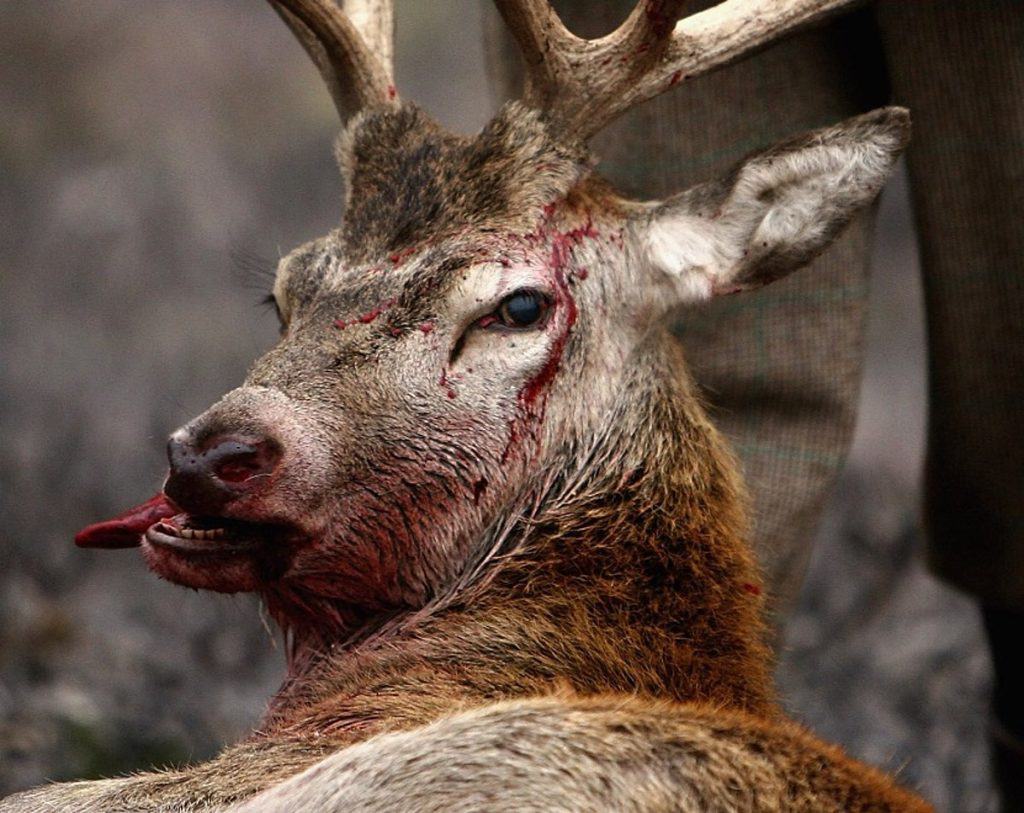Check how old is your pet in human years using our Pet Age Calculator.
The spread of Chronic Wasting Disease (CWD), also known as “zombie deer disease,” has raised concerns in British Columbia as four deer carcasses infected with the disease have been identified this year.
CWD, which primarily affects members of the deer family, including deer, elk, moose, and caribou, is a fatal neurological condition that can lead to severe consequences for wildlife populations.
A Growing Concern for Wildlife in Canada
While CWD cannot be transmitted to humans, it poses a serious threat to wildlife, and the Canadian authorities are taking proactive measures to combat its spread.
To monitor the disease’s reach, several government agencies and conservation organizations have launched a campaign encouraging hunters to donate deer heads for research purposes.
In response, more than 3,000 samples have already been tested in the Kootenay region, located in southeastern British Columbia.
The rapid identification of infected carcasses indicates that the disease may be spreading faster than previously thought, leading experts to worry about its potential to affect larger populations of deer and other wildlife species.
Ongoing research and testing are seen as critical steps in managing the disease and preventing its further spread across the region.
Humane Society Urges Action Against Puppy Mills
In related animal welfare news, the Humane Society of the United States (HSUS) has issued a strong warning to consumers, urging them to avoid purchasing puppies from pet stores linked to puppy mills.
Recent investigations have uncovered troubling links between several pet stores in New Jersey and notorious puppy mills in the Midwest, operations known for their inhumane breeding practices.
Puppy mills are breeding facilities where dogs are often kept in overcrowded, unsanitary conditions, deprived of proper veterinary care, and subjected to neglect.
Pet stores like Puppy Palace and Furrylicious have been identified as major offenders, buying puppies from these mills and selling them to unsuspecting consumers.
The HSUS is calling on shoppers to avoid supporting these establishments and to consider adopting pets from reputable shelters or responsible breeders instead.





